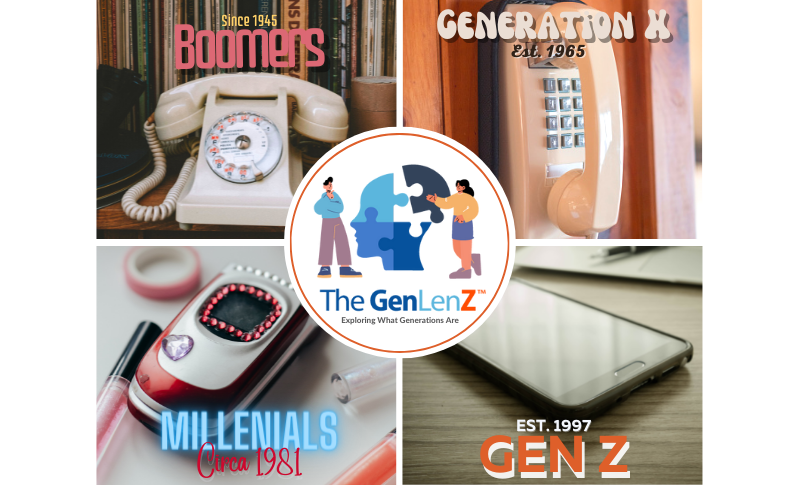Written by: Brayden Foreht, Gatekeeper | Content R&D, JGC
How generations are defined – and their usage in marketing contexts – is entirely debatable and typically flawed. Let me give you some context. I was born in 1996, so according to pewresearch, that would make me the last of the Millennials. Had I been born a few months later – say January 1997 instead – would that really be the differentiation of my being a Gen Z over a Millennial? I’m not convinced that typical conceptions of generations and their demarcating years of birth are all that accurate.
I entered the workforce a few years later than most of my 1996-born peers (during lockdowns mind you). I took a gap year between high school and university to save money, and took an extra year to complete my degree. Accordingly, I entered the workforce along the same timeline as many of my Gen Z peers. Wouldn’t this be a better factor in determining what generation I am, as opposed to my birth year? After all, the recent buzz is that Gen Z are going to be entering the workforce in swaths soon.
Naturally, this line of thinking spurred many questions, such as:
- Can generations be defined accurately?
- What are the differentiating factors across generations? How can they be measured?
- Are any noted differences truly the product of generational factors?
- Can age and period effects be isolated enough to accurately gauge whether generational distinctions are significant and meaningful?
The way these questions can be answered (or dismissed) vary in ease, complexity, and sentiment depending on the views of the responder. However, I am of the opinion that these questions must be carefully thought through and answered with intricacy based on research. As such, they present the opportunity to examine and evaluate the conception of generations to determine whether it is a useful segmentation tool, be it in the context of workforce management, marketing, or otherwise.
Ultimately, this is what led me to pen the blog series “The GenLenZ”. The goal of this series is to de-mystify the concept of generation, and temper the notion that generation is a useful segmentation while providing an effective alternative. Such entails exploring where the notion of generations come from, how they are used as segmentation tools, why they are flawed categorizations, alternative segmentations that serve a similar purpose, and how it all affects working life and marketing efforts in today’s world.
I’m excited to bring this series to life. I have no doubt that it will provoke thought and inspire conversation. Stay tuned for the first article where we dive into where the idea of generations originates, and what it really means in today’s culture.
#JGC4B2B #Marketing #TheGenLenZ #Print #Millennials #GenZ #GenX #Boomers #Generations #Sales




